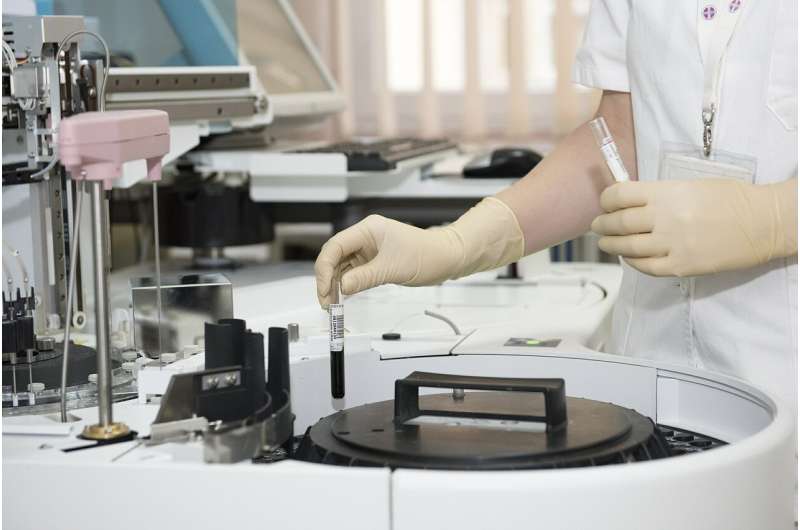Consumer Health: What is a Pap smear, and who needs one?

January is Cervical Health Awareness Month, which makes this a good time to learn about Pap smears.
A Pap smear, also called a Pap test, is a routine screening test for early diagnosis of cervical cancer. A Pap smear also can detect changes in cervical cells that suggest cancer may develop in the future.
Early stage cervical cancer generally produces no signs or symptoms, so early diagnosis is important. There is a greater chance for a cure when cervical cancer is detected early, so it's important that women have Pap smears as part of their regular health care.
During a Pap test, your health care provider will gently insert an instrument called a speculum into your vagina. The speculum holds the walls of your vagina apart so your health care provider can see your cervix. Inserting the speculum may cause a sensation of pressure in your pelvic area. Then your health care provider will take samples of your cervical cells using a soft brush and a flat scraping device called a spatula. This usually doesn't hurt.
The Pap smear usually is performed in conjunction with a pelvic exam. In general, health care providers recommend Pap testing beginning at 21 and repeating the test every three years until 65. Women 30 and older can consider Pap testing every five years if the procedure is combined with testing for HPV, or they might consider HPV testing instead of the Pap test.
Your health care provider may recommend more frequent Pap smears, regardless of your age, if you have these risk factors:
— A diagnosis of cervical cancer or a Pap smear that showed precancerous cells.
— Exposure to the miscarriage prevention drug diethylstilbestrol, or DES, before birth.
— HIV infection.
— A weakened immune system due to organ transplant, chemotherapy or chronic corticosteroid use.
— A history of smoking.
If you've had surgery to remove all or part of your uterus—a total or partial hysterectomy—you may or may not continue to need to continue with routine Pap tests. Many factors will influence your health care provider's recommendation for your need to continue with routine Pap tests after a hysterectomy, including your age, the type of surgery you had and the reason for it, and your family history—particularly whether your mother took the drug diethylstilbestrol while she was pregnant with you.
©2022 Mayo Clinic News Network.
Distributed by Tribune Content Agency, LLC.




















